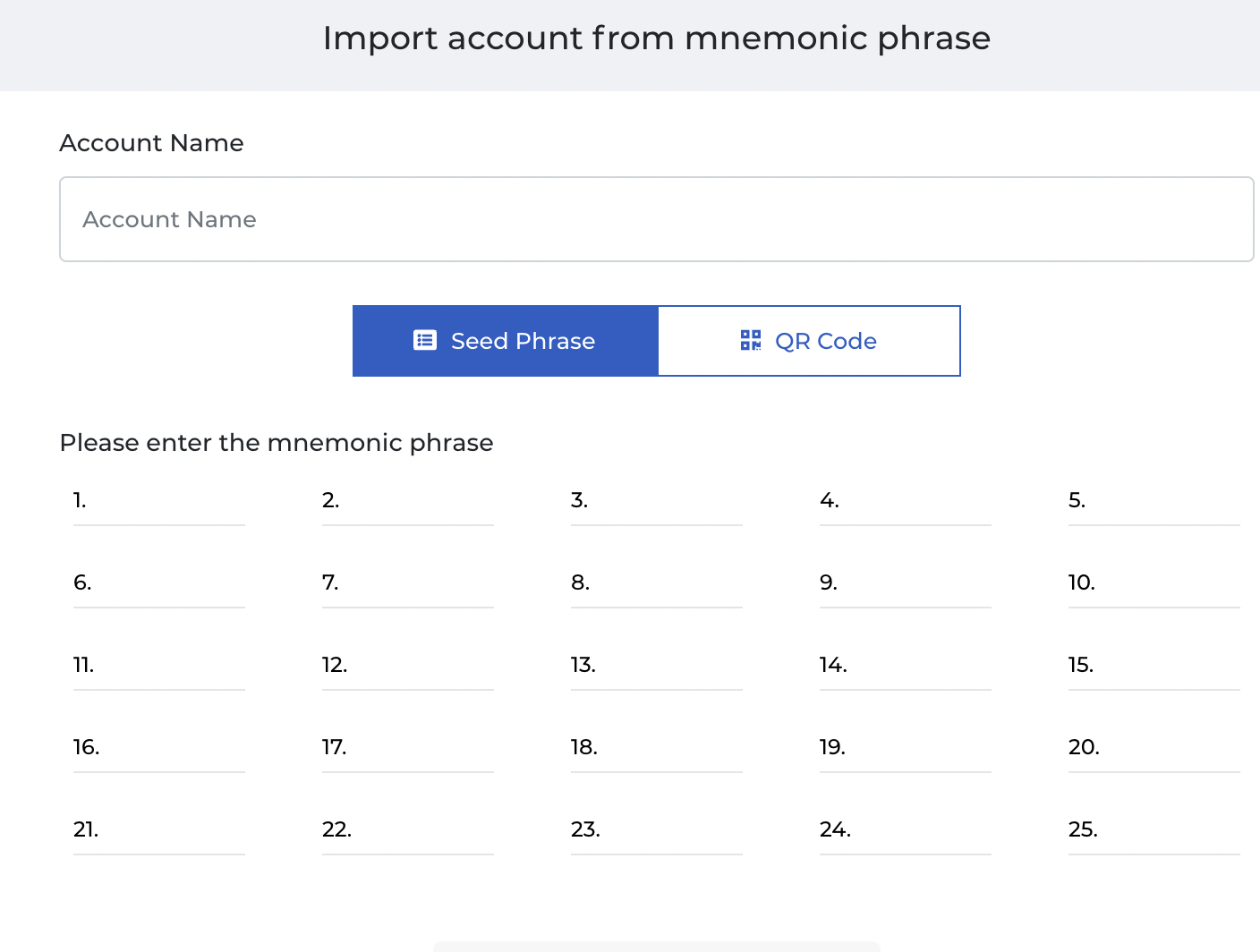What Are the Most Important Features of a Crypto Wallet?
Michiel Mulders
26 Sep 2022
•
5 min read
Crypto wallets allow users to interact with DApps, participate in DeFi, or transact tokens or NFTs with other users. But which features make a great crypto wallet?
The benefits of a great wallet are clear. An easy-to-use crypto wallet boosts adoption and allows users to interact with all aspects of a blockchain ecosystem easily.
Many developers don’t realize that crypto wallets serve multiple types of users. You have regular users who transact tokens or NFTs, crypto-native users who often require more advanced features, and developers who build new applications. This last category is often overlooked.
Let’s look at the most essential features a crypto wallet should have?
1. Support multiple accounts
A good crypto wallet should support the ability to add multiple accounts. There are many reasons why one would have multiple accounts:
- Improve security by dividing owned crypto funds among different wallets.
- Create an account for different types of activity, such as NFT trading, DeFi investing, and crypto trading.
- Create different accounts to make it easier to export your trading activity for tax purposes.
Many more reasons probably exist to have multiple crypto accounts. Hence, a wallet should support this ability to make it easier to manage all of your accounts at once. You want to avoid users having to log off and log in each time they want to use a different account. For some users, reacting quickly to changing market conditions is vital. Therefore, make sure to support multiple accounts.
User type: Mostly useful for crypto natives and DeFi users.
2. Support multiple networks
Most blockchains offer a testnet, and even a betanet, besides their mainnet. It’s true that most crypto users won’t switch to a testnet. However, newly launched products often undergo a testing phase to make sure the decentralized application is robust. This type of testing happens on the testnet. Therefore, you should provide the ability to switch to different networks.
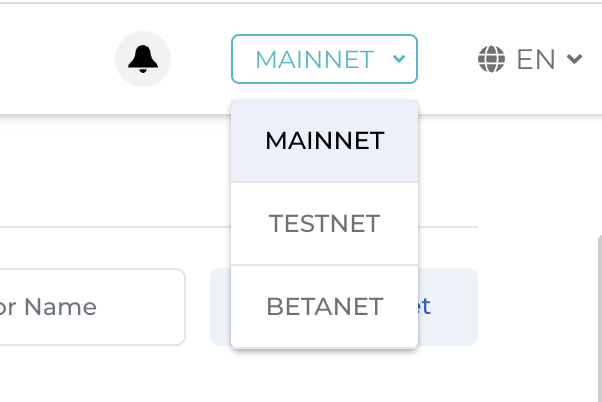
If you want to cater to developers as well, make sure to include the option to add a custom network address. In some cases, developers spin up their own private network for testing purposes. Next, they want to use a crypto wallet to test their application before launching it on a testnet.
User type: Crypto natives and developers.
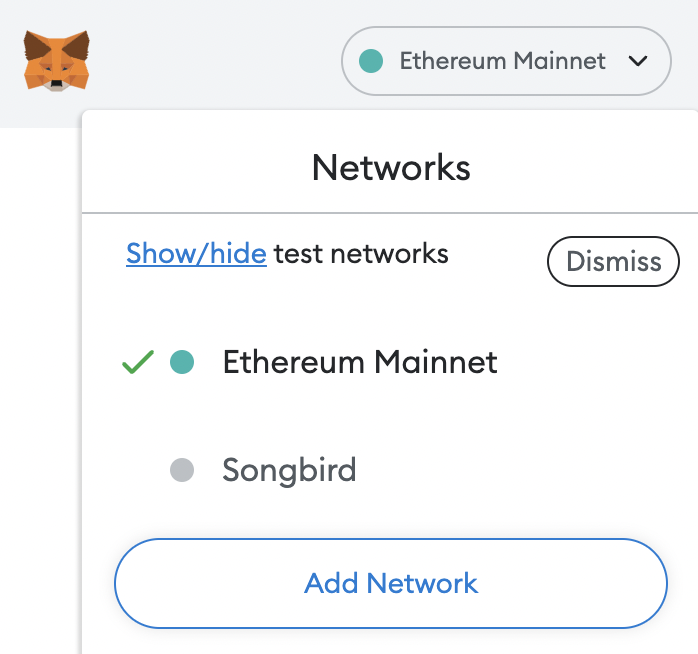
User type: Crypto natives and developers.
3. Add an address book
Users who transact frequently can benefit from having an address book. Instead of looking for the correct string of characters, you can easily label frequently used accounts. On top of that, it adds an extra layer of security. You’re not the first person to pick the wrong receiver address.
You might wonder if you need a centralized server to store an address book. In fact, you don’t need a server to store this type of information. You can use the user’s browser storage to store their address book.
User type: Anyone!
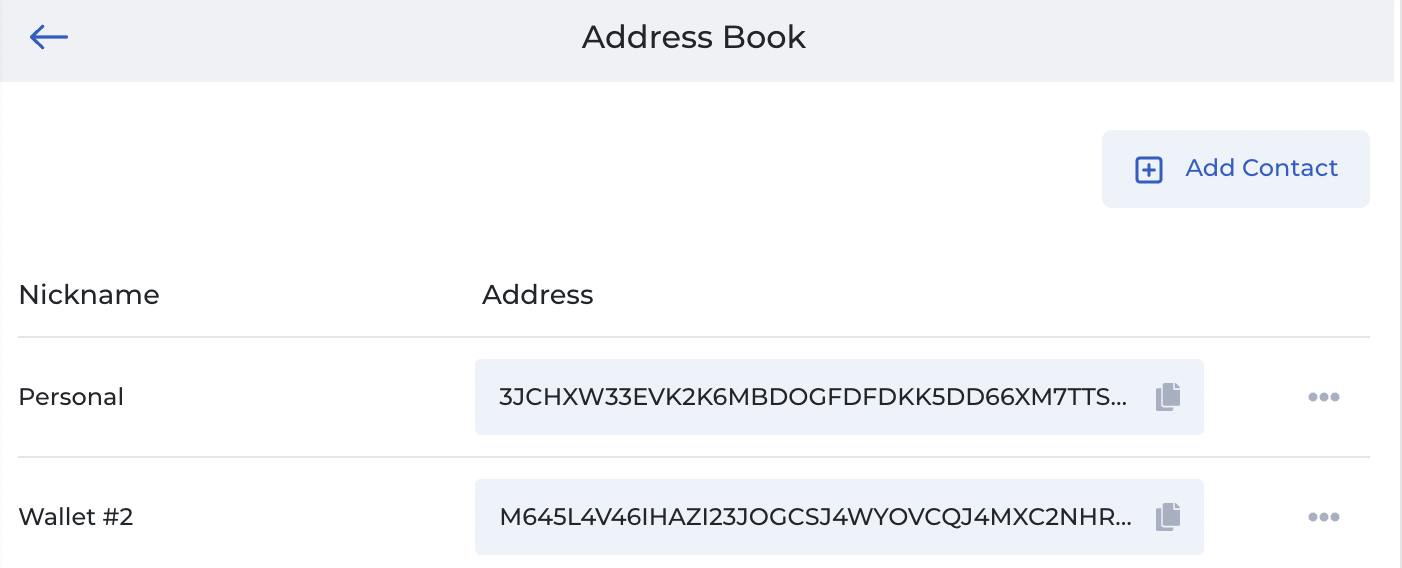
4. Fiat-to-crypto onboarding
Nowadays, many wallets offer the ability to buy crypto using your credit card through payment services like Moonpay or Circle. You might think this only offers a company an additional revenue stream because they often get a percentage of the fees paid when users use such a service. However, not every user wants to use a centralized exchange or has access to a centralized exchange to deposit funds (some exchanges have a queue to create a new account). Therefore, they prefer buying the tokens they want directly in their wallet.
User type: New users making their first steps into crypto.
5. Easy wallet imports and support for hardware wallets
Did you ever have to type all 25 words of your mnemonic? It’s frustrating, we know!
Make sure a user can copy-paste its entire mnemonic at once. Besides that, make sure to provide a QR code option. This way, you allow a user to scan their private key and import the account more securely. On top of that, provide the ability to label accounts. It makes it easier for users to identify their accounts, similar to an address book.
And lastly, add support for popular hardware wallets such as Trezor and Ledger. They add an extra layer of security, so these users should not be neglected.
User type: Anyone!
6. Account balance and pricing information
You might think it’s not useful to include pricing information, however, not every crypto user knows how to navigate a blockchain ecosystem. For instance, finding pricing information for tokens not registered with popular price tracking websites like CoinMarketCap.
Once you have included pricing information, you can calculate the total account balance. It’s a handy feature to keep track of a portfolio’s value and how it performs over time. Consider including a graph if you have access to historical pricing information. Don’t forget also to calculate the total balance for all accounts listed in the user’s crypto wallet.

User type: Crypto investors and traders. However, it’s not easy to track investments in DeFi protocols.
7. Support for NFTs
Often, DeFi users don’t want to see NFTs in their crypto wallets. On the other hand, why would a wallet not support loading images and add some basic functionality related to NFTs, such as showing the rarity score? It’s relatively easy to create an additional tab for NFT holders to view and manage their NFTs.
In the end, NFTs are part of a blockchain ecosystem, and many DeFi protocols also use NFTs to reward users or give them access to exclusive features.
User type: NFT users.
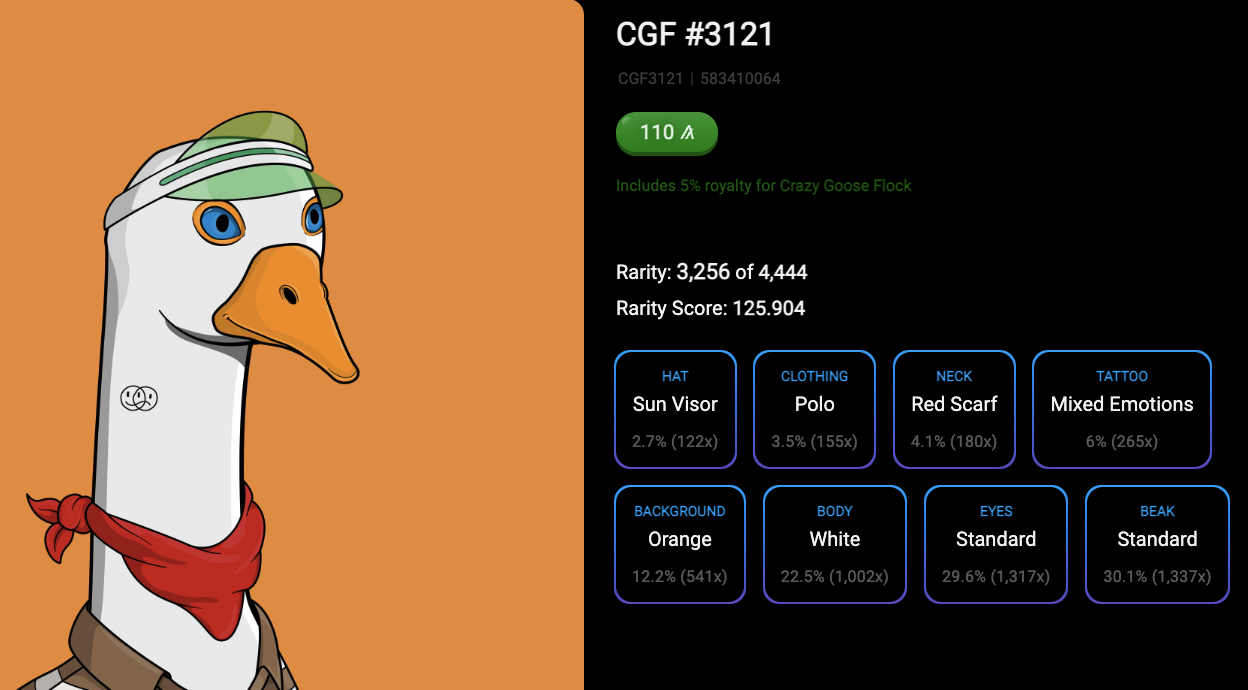
Conclusion
Many features allow you to enhance the functionality and experience of a crypto wallet. However, it's essential to consider your wallet's target audience.
If you are a blockchain that wants to create a wallet for its users, make sure to serve all needs. For instance, developers want to access different networks, advanced crypto users want to add multiple accounts, and new users want to buy your token directly from the wallet. In other words, the users’ needs differ quite a bit between the different user types. Therefore, it’s not an easy task to design a wallet that caters to all user needs.
Besides that, allow yourself to think out of the box. A crypto wallet often serves as the primary interface for all user interactions on a blockchain. Therefore, you can build a wallet that becomes the main “hub” for your blockchain, including news sources, notifications, project updates and alerts. A user already spends a lot of time using your wallet, so why not use it as a tool to provide essential information about a blockchain ecosystem?
Michiel Mulders
Passionate about Documentation Strategy, Developer Expierence, and Developer Advocacy. Software and blockchain engineer (Node.js & Go) and technical writer. And oh, crypto nerd!
See other articles by Michiel
WorksHub
Jobs
Locations
Articles
Ground Floor, Verse Building, 18 Brunswick Place, London, N1 6DZ
108 E 16th Street, New York, NY 10003
Subscribe to our newsletter
Join over 111,000 others and get access to exclusive content, job opportunities and more!
